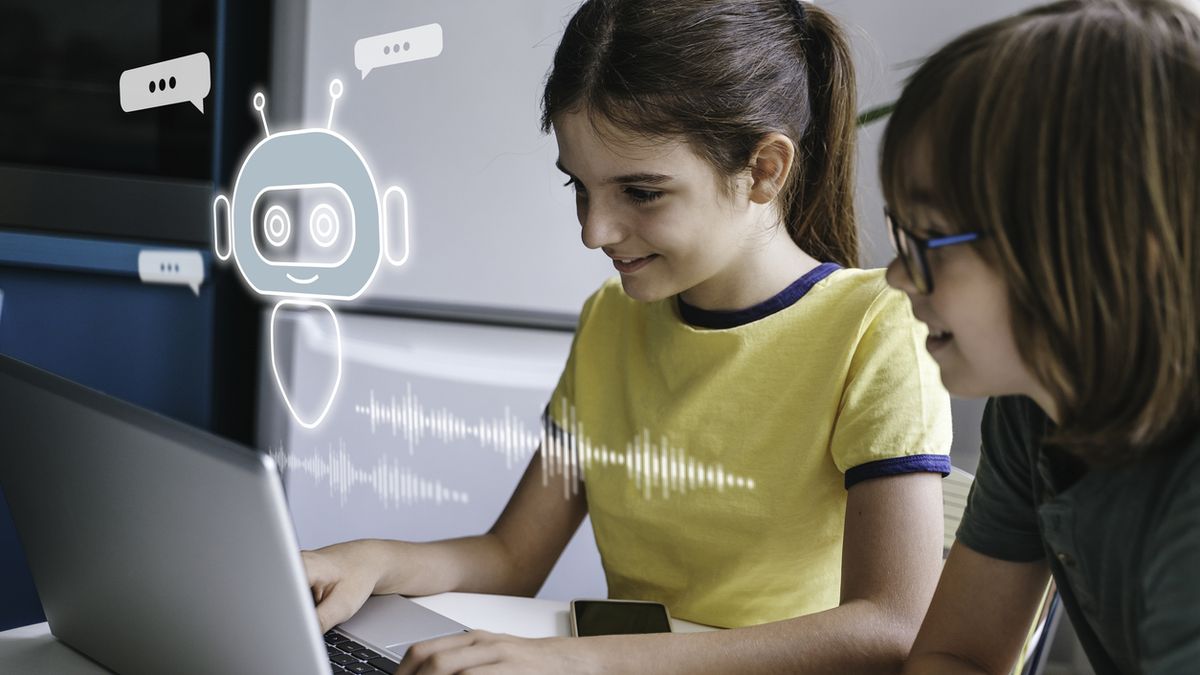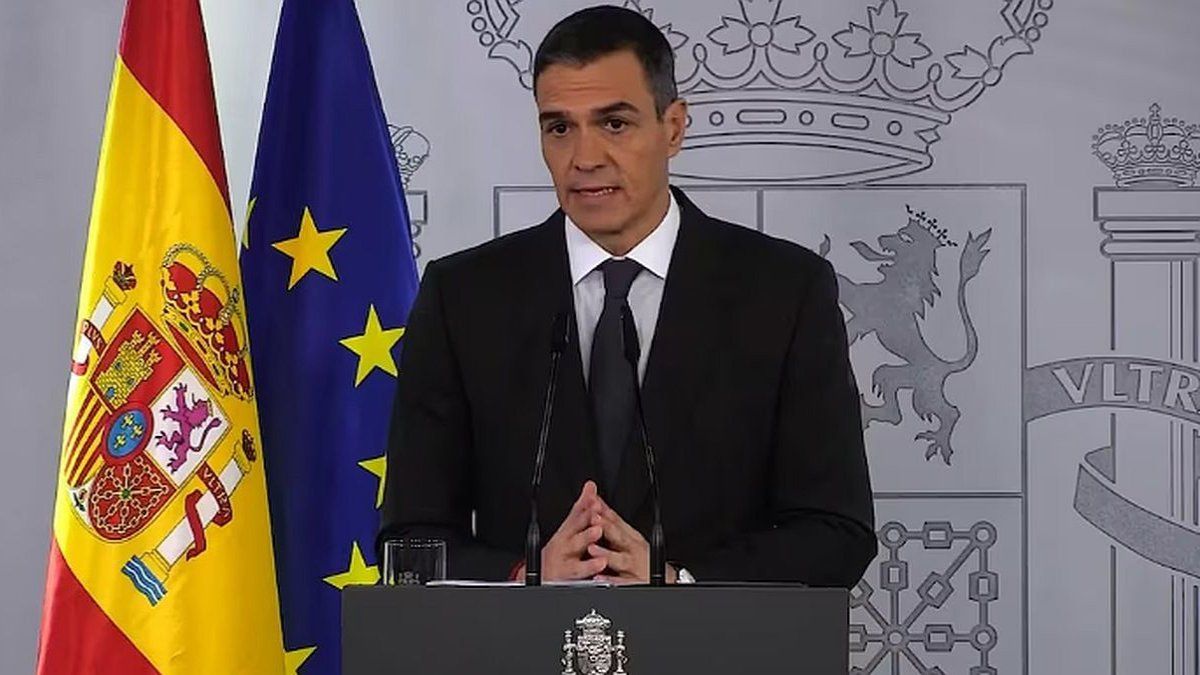Regional and local experts analyzed the current state of the education and the existing challenges faced with the advancement of technology and the preparation of students for world of work during an event in Montevideo. The central concepts handled by the participating experts were “global competencies” and “digital citizenship”,
Juan Medici, executive director for AFS Argentina, Uruguay and Brazila non-profit, international and non-governmental voluntary-based organization that promotes intercultural learning opportunities, was the central spokesperson for the event that received dozens of educators in Montevideo.
Medici reflected on the possible risks that exist regarding the advancement of the artificial intelligence (AI) and its impact on education. “I think the biggest risk is ignorance, not understanding the potential of the tool, assuming that it is a tool, and it seems important to us to consider it as a complementary tool to expand the potential of the person,” he said and added: “The speed of change in technology and learning management and knowledge in companies is beginning to be a great challenge and one sees, for example, today what is called silent resignation of the young. There is a disconnection between the expectations of young people and the expectations of companies and that gap has to be worked on.”
Uruguay as an example
The specialist located the Uruguay as an “example for Latin America” in various aspects linked to education, especially what has been the incorporation of technology for the development of young people’s skills. “The educational system at a global level is being challenged, questioned for its rigidity to adapt to new contexts, adapt its curricula and to prepare teachers and our students. In that sense, Uruguay has some points of advantage compared to other countries,” said Medici.
In that line the Ceibal Plancreated in the first government administration of the Broad Front (FA) It is pointed out as the main reference and as a vanguard. “For Uruguay It was a strength that was enhanced during the pandemic. That is, the gap and disconnection that students had at that time in Uruguay was smaller than what was seen in other countries. Uruguay was one of the few countries that was able to continue with its educational system without so many potholes compared to many others, especially in the region, that students lost almost total connection,” analyzed Medici.
For your part Christian Bravoregional coordinator for Latin America and the Caribbean of Education for Sustainable Development and World Citizenship at the UNESCOhe said in an interview with Ambit that “Uruguay It is one of the countries that has the best indicators in education quality systems” and that “also has the advantage of having a great tradition of statist culture, where policies go beyond governments and that is something that is very valuable”.
The expert reaffirmed the concept that “the integration of technologies and the Ceibal Plan made Uruguay an example for the world on how to integrate technologies in education and manage to ensure their right, beyond what the pandemic meant.”
“It is one of the countries where the rest of the region can learn a lot, especially in the connection from the education as a public good and a right, and to ensure that in crisis contexts, education continues to occur, is not interrupted and does not generate gaps in educational trajectories,” stated the Chilean expert.
Bravo compared the advances made in Uruguay with the existing reality in his country. “In Chili We had a model designed in an education that is at the service only of standardized tests, but not a deeper result and purpose. So this whole constitutional debate had a lot to do with that, with how we managed to get Chile to understand that the purpose of education had to be comprehensive social well-being and not only prepare people to be able to participate in life and individual projects” he questioned.
Source: Ambito




